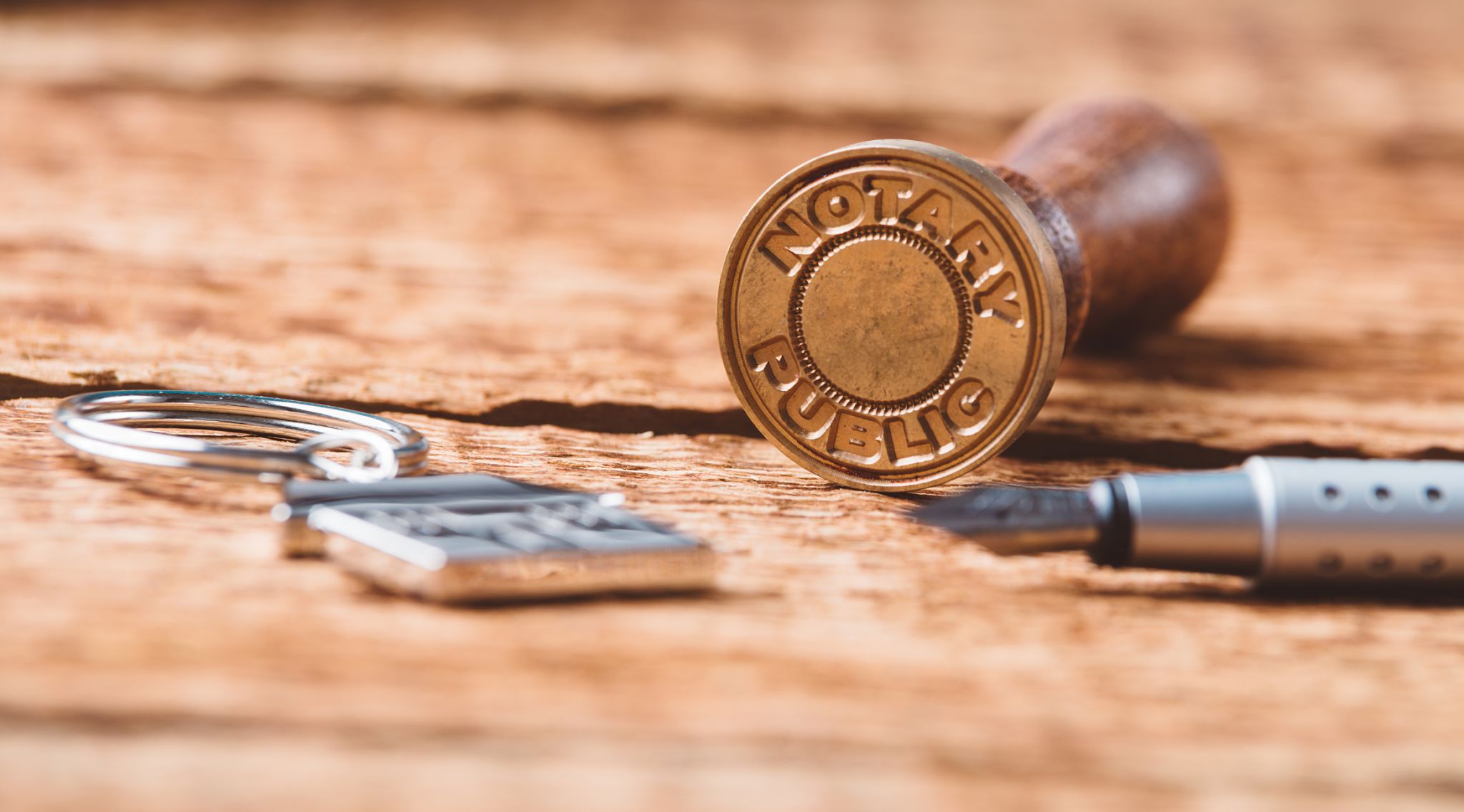What Documents Need Notarizing? Essential Guide for Greensboro Residents
Notarization is an integral part of many legal and official processes. For residents of Greensboro, understanding which documents require notarization can save time and prevent potential legal issues. This guide outlines the essential documents that typically need notarization.
Understanding Notarization
Notarization involves a licensed notary public who verifies the identity of signatories and witnesses the signing of documents. This process helps prevent fraud and ensures that documents are executed properly. In Greensboro, like elsewhere, notarized documents carry legal weight and are often required for various transactions.

Commonly Notarized Documents
While not all documents require notarization, many do to be considered valid or legally binding. Below are some of the most commonly notarized documents:
- Real Estate Documents: Deeds, mortgages, and leases often need notarization. These are crucial in confirming ownership and financial agreements.
- Power of Attorney: This document, which grants someone else the authority to act on your behalf, requires notarization to ensure authenticity.
- Wills and Trusts: Although not always required, notarizing these can prevent disputes and verify the testator’s intentions.
Personal and Business Documents
Beyond legal documents, personal and business documents frequently require notarization. Here are some examples:
- Vehicle Title Transfers: Notarizing a vehicle title transfer is often required to validate the sale or transfer of ownership.
- Business Agreements: Contracts and other formal agreements between businesses may need a notary to ensure their legitimacy.
- Affidavits: These sworn statements are commonly used in court proceedings and must be notarized to be admissible.

When Notarization Is Not Required
It's equally important to know when notarization is unnecessary. Many everyday documents, such as personal letters or informal agreements, typically don't need a notary's stamp. However, it's always wise to consult with a legal professional if you're unsure about a specific document.
Exceptions
There are also exceptions for certain documents that can't be notarized, such as birth certificates or other government-issued papers, which require certified copies instead.
The Notarization Process in Greensboro
For residents of Greensboro, accessing notary services is straightforward. Many banks, law offices, and even some public libraries offer notary services. It's advisable to bring a valid ID and ensure all signatories are present during the process.

Selecting a Qualified Notary
When choosing a notary, ensure they are licensed in North Carolina. This guarantees that they adhere to state regulations and can legally notarize your documents.
Conclusion
Understanding what documents need notarization is essential for Greensboro residents engaging in legal or financial transactions. By ensuring your documents are properly notarized, you safeguard them against potential disputes or fraud. Always remember to consult with a legal expert if you have any doubts or questions about the notarization process.